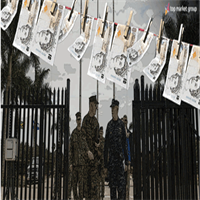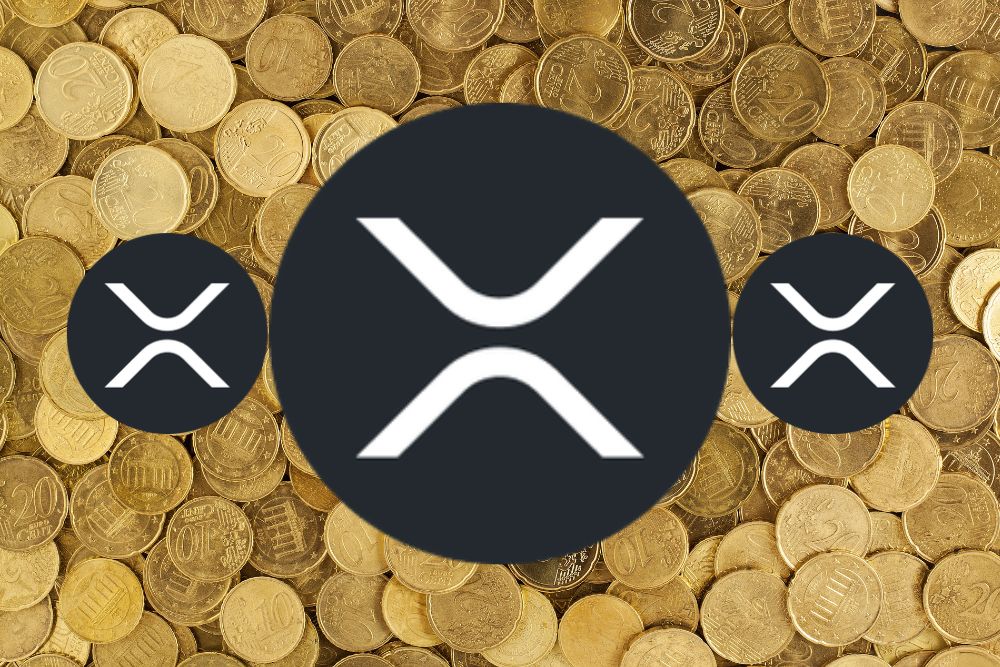During December 2018, the central bank of Bahrain (CBB) declared the launch of draft laws (119 pages) regarding Crypto-asset Platform Operators (CPO) below the CBB Rulebook Volume six (Capital Markets), that provides a framework to control and license crypto-asset operations in Bahrain. The CBB is accepting feedback on the adviser paper till 13 January 2019.
The laws are a part of recent initiatives by the CBB to nurture Bahrain’s FinTech ecosystem and position the country as a FinTech and innovation hub within the region. Currently, there are eight cryptocurrency exchange firms under the CBB regulatory sandbox (30% of total firms registered).
Below is a outline report of the open consultation document that the Bahrain FinTech Bay team has created to help CPOs and stakeholders curious about contributing to the method and submitting feedback.
Timeline of Crypto-Asset Developments in Bahrain
ADD THE ROAD MAP HERE
Definitions
Crypto-assets: Crypto-assets are virtual, digital assets or tokens operational on a blockchain platform and protected by cryptography. The CBB acknowledges four primary kinds of tokens:
Payment tokens: An equivalent word for cryptocurrencies and is primarily used for acquiring goods/services.
Utility tokens: provides access to a particular application or service however can't be used as methodology of payment for external applications.
Asset tokens: represents lawfully grounded assets together with debts or shares.
Hybrid Tokens: possesses features of 1 or more of the other mentioned kinds of tokens.
Crypto-asset Platform Operator (CPO)
An entity that deals in accepted kinds of crypto assets as a principal or agent. in addition, the entity stores and maintains custody of the crypto-assets on the behalf of customers.
Key Points
Fees
Applicants are needed to pay an application fee of BHD 100 (non-refundable) to the CBB. once gaining approval from the CBB, licensees are indebted to pay a variable annual license fees that is calculated based on 0.25% of the operating expenses. Minimum amount payable is BHD 2,000 and maximum BHD 6,000. New licensees are also indebted to pay a floor amount of BHD 300 as the 1st annual licensing fee once the license is issued by the CBB.
Licensee profile
An applicant of the CPO is any person or business that operates with a name containing the words “crypto”, “digital”, “currency”, or “asset” together with “exchange”, “manager”, “adviser”, “investment”, or “portfolio”. The legal structure of the licensee is a Bahraini joint stock company. Overseas crypto-asset exchanger licensees would be thought of but they need to maintain a local management presence and premise(s) in Bahrain to be deemed eligible.
Minimum capital requirement
Licensee should deposit the minimum capital requirement of BHD 500,000 in a retail bank operative in Bahrain. The CBB might request additional capital to make sure integrity of licensee.
Insurance requirements
Licensees should maintain professional indemnity coverage from an insurer approved and licensed by the CBB at a minimum amount of BHD 100,000.
Setting up operations
The licensee will need to begin operations within six months once receiving approval from the CBB or risk having the decision withdrawn. Following an approval from the CBB, the licensee can need to hire an independent third party to make a readiness assessment report that features the licensee’s risk management system, capital adequacy, organizational structure, operational manuals, information technology, and information system security policies.
Crypto-asset eligibility criteria
The CBB will investigate the subsequent factors to approve a regulated crypto-asset:
(a) Capitalization in excess of us $4 billion.
(b) Crypto-asset’s cyber security vulnerabilities and security of private keys.
(c) Observation and traceability of crypto-asset by distinguishing origin and destination, and whether or not the crypto-asset allows the identification of counterparties in a very trade.
(d) Entities or jurisdiction that supports the crypto-asset.
(e) Market demand for crypto-asset and its volatility within the market.
(f) Usability of distributed ledger technology (blockchain).
(g) Innovation or efficiency of the crypto-asset to assess if it addresses or solves an issue or unmet market need.
(h) utility and practicality of the crypto-asset.
Crypto wallets
The CBB highlights 2 primary types of crypto wallets that the licensee will take into account. Firstly, a custodial crypto wallet restricts the consumer from having full control of its assets because the licensee is the selected custodian of the client’s private keys. A non-custodial (self-custody) crypto wallet, on the other hand, provides purchasers with full management of its assets. Within the case of alternative styles of crypto wallet, licensees are encouraged to contact the CBB.
Client portfolio
Clients should be of legal status above 21 years old and can't be an agent acting as a 3rd party on behalf of another organization. Charitable funds, religious, sporting, social, cooperative and skilled, and other societies can't be registered as Customers. Customers should additionally maintain a designated bank account with a accredited retail bank in Bahrain or acceptable accredited overseas retail bank and all transactions should be digital.
Licensee relationship with Customers
CPOs are indebted to have information without delay out there for his or her Customers in regard to key developments together with outages. In addition, the licensees are restricted from selling, transferring, lending, or pledging client’s crypto-assets to solely the direction of Customers.
Cyber security
Licensees are obligated to make cyber security policies and programs and make sure that workers and therefore the management team are frequently informed about them. The program should embody an internal plan to frequently update systems and software policies.
To know more on Cryptocurrency and Blockchain events, follow us on Facebook, YouTube, Twitter, LinkedIn, Reddit, Telegram, BitcoinTalk, and we are also on Medium now.











